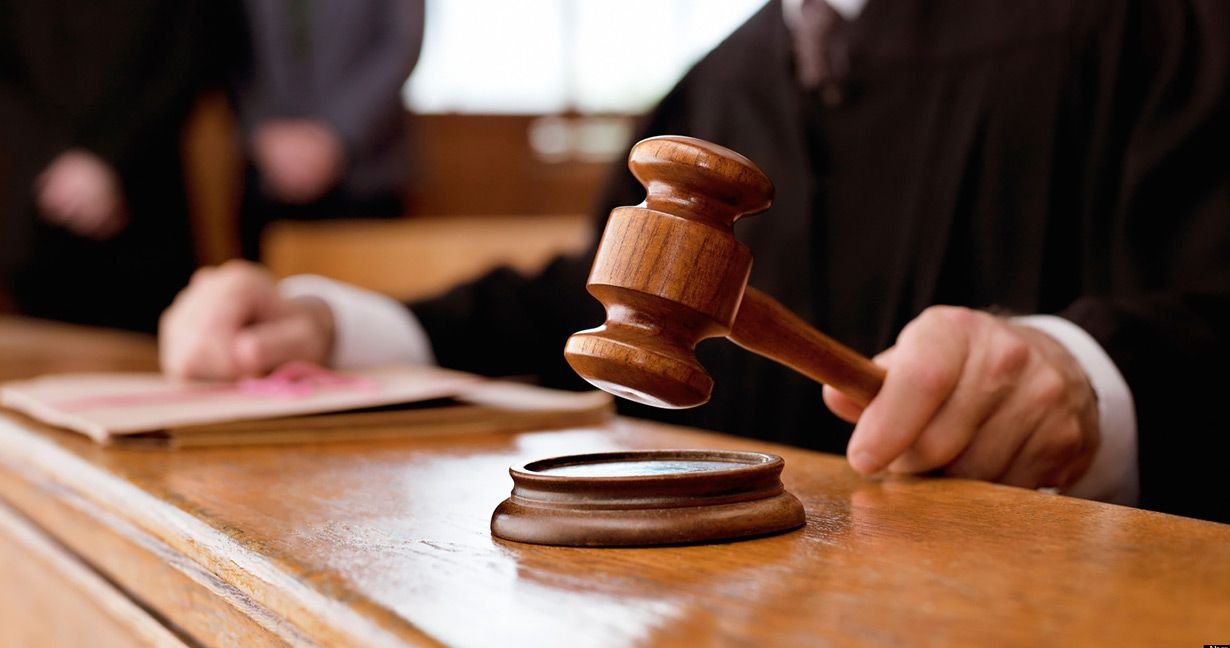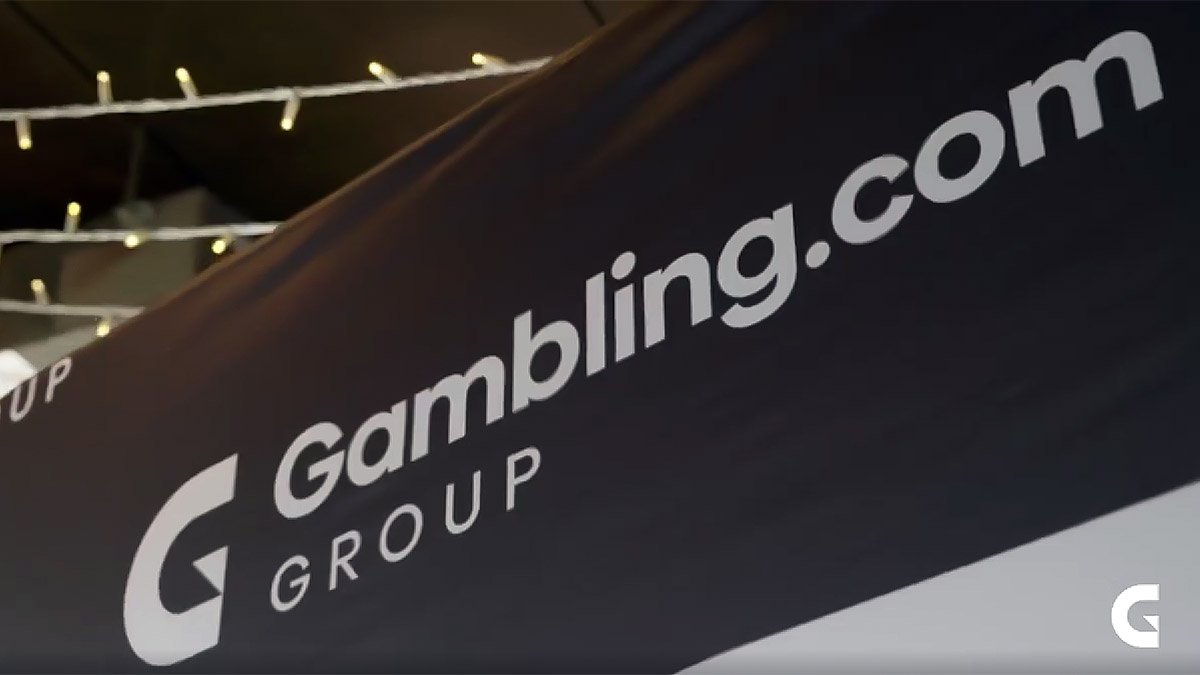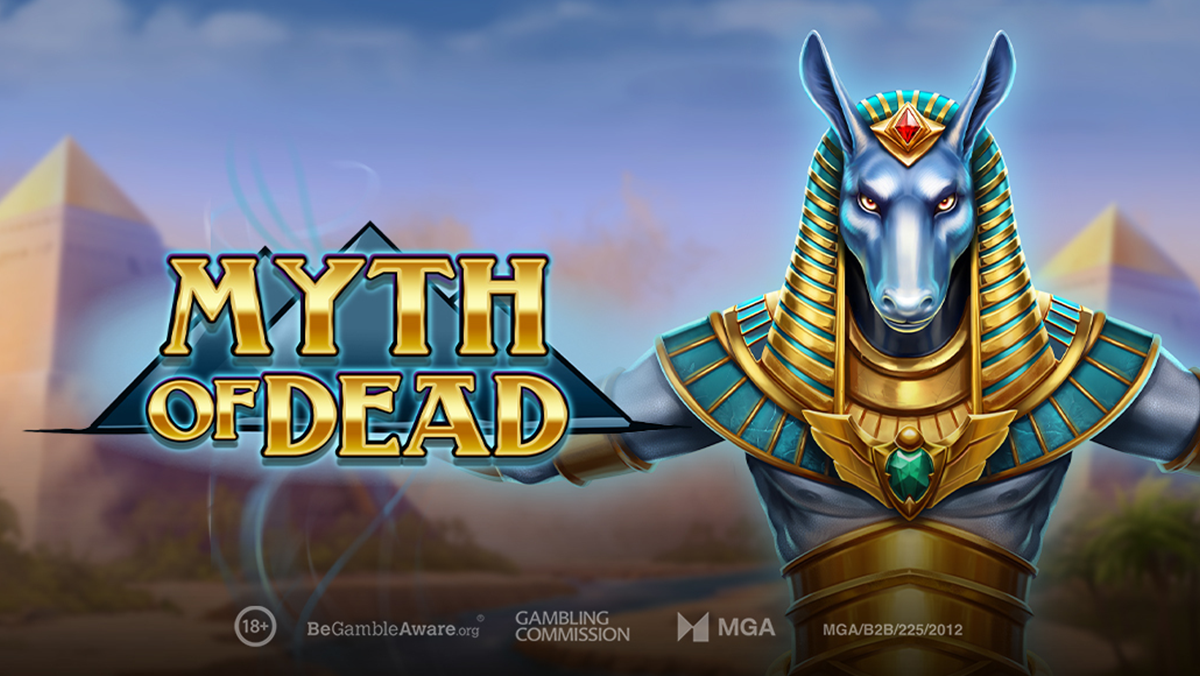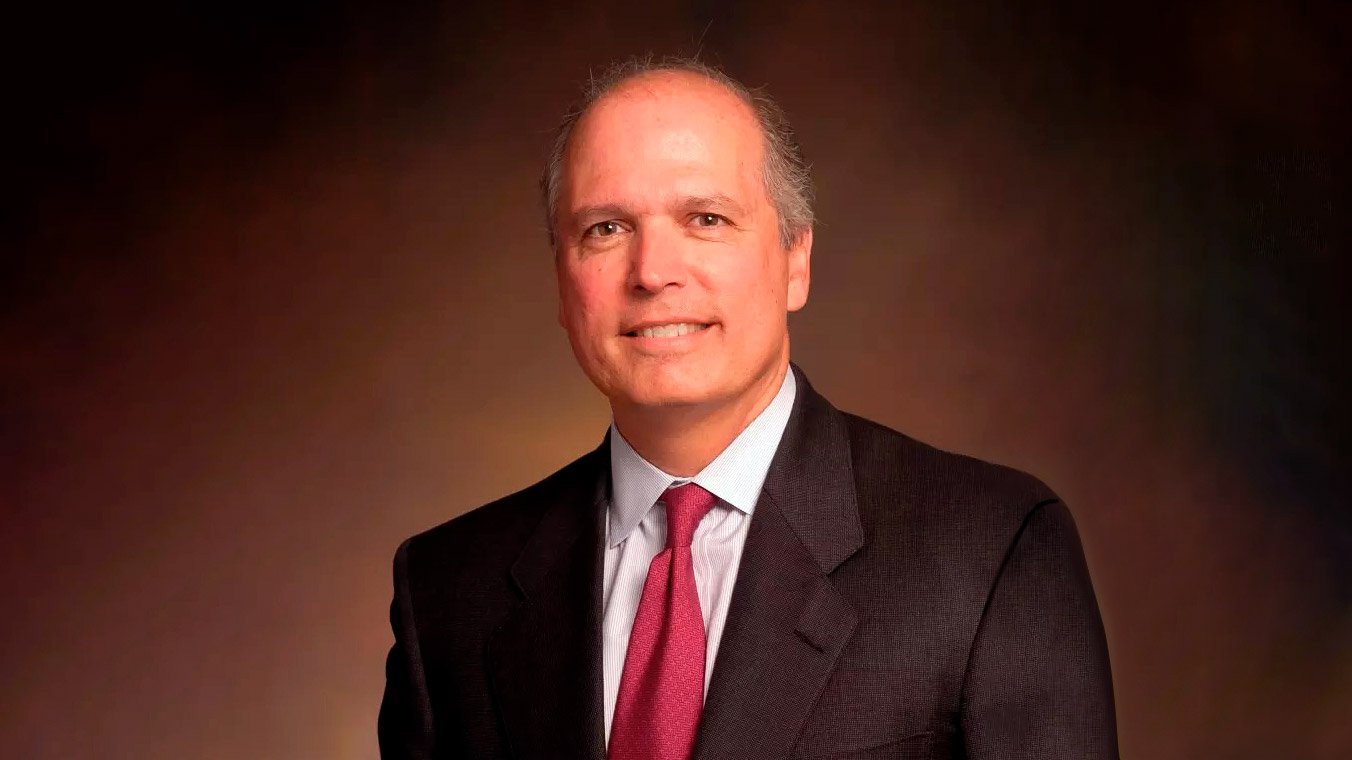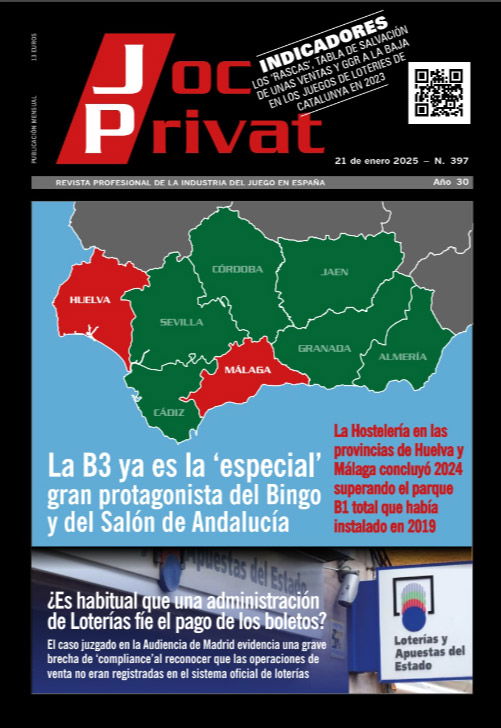DraftKings reverses surcharge plan in high-tax states following industry pushback
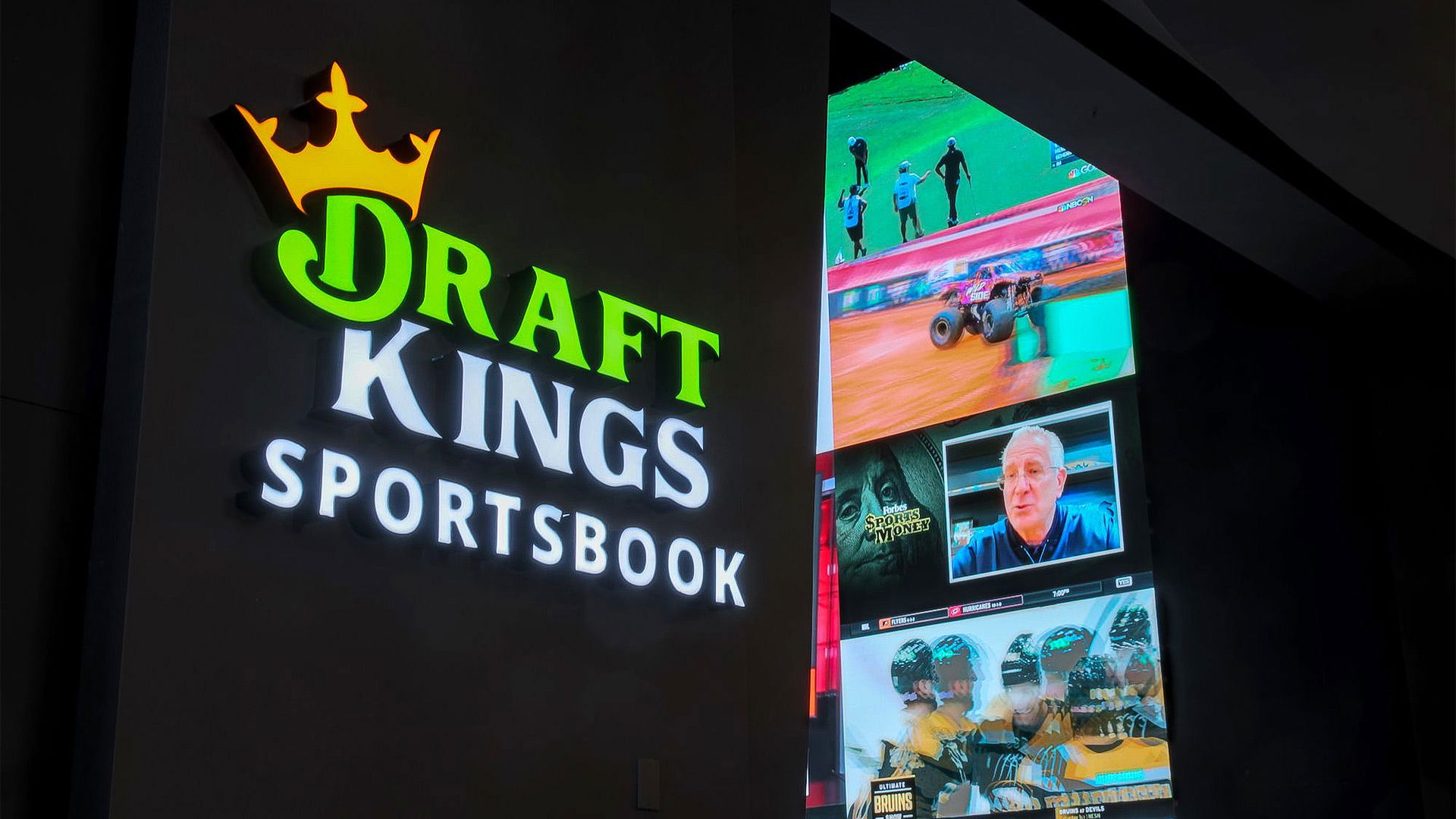
Sports betting giant DraftKings on Tuesday said it would no longer impose a surcharge on winning bets in high-tax U.S. states, reversing a decision announced just two weeks earlier. The move comes after rival sportsbook FanDuel, owned by Flutter Entertainment, declined to implement a similar charge, leaving DraftKings isolated in its strategy.
The Massachusetts-based sports betting company initially proposed the surcharge for New York, Illinois, Pennsylvania, and Vermont starting in January 2025. The surcharge was intended to offset the high state tax rates, which exceed 20% in these states.
DraftKings CEO Jason Robins had justified the surcharge as a necessary step to recover revenue, comparing it to fees in industries like taxis and hotels. However, the announcement sparked significant backlash on social media, and financial analysts warned it could backfire if other sportsbooks did not follow suit.
While some analysts had said the surcharge would result in other operators grabbing market share, others noted that it would be an "expensive gamble" if other sportsbooks did not implement a similar surcharge, which is what ultimately occurred.
DraftKings Statement on Gaming Tax Surcharge pic.twitter.com/cucbsQJIVD
— DraftKings News (@DraftKingsNews) August 13, 2024
FanDuel, which leads the U.S. sports betting market, cemented DraftKings’ isolation by announcing on its earnings call that it would not follow suit. Instead, Peter Jackson, CEO of FanDuel parent Flutter, said the company would “moderate levels of generosity” in marketing efforts in those states.
DraftKings’ decision to reverse course is seen as a strategic move to retain customers and avoid losing market share to competitors like FanDuel and BetRivers, which also declined to follow the surcharge plan.
The financial implications of the surcharge were significant. In Illinois, where a new progressive tax system could push DraftKings’ tax rate as high as 40%, the surcharge was proposed as a response to the increased tax burden. Similarly, in New York, where the tax rate on mobile revenue is the highest in the nation at 51%, a 5% surcharge on winning bets could have generated substantial additional revenue.
The sudden reversal caught many by surprise, including attendees at the Racing and Gaming Conference in Saratoga, New York. DraftKings risked losing the trust of customers by making a proposal, then immediately pulling it back, said one of the attendees. Another said that the company might have floated a "trial balloon" to check stakeholder reactions.
DraftKings, in a statement, emphasized its commitment to customer satisfaction as the reason for the reversal: “We always listen to our customers and after hearing their feedback we have decided not to move forward with the gaming tax surcharge. We are always committed to delivering the best value in the industry to our loyal customers.”



